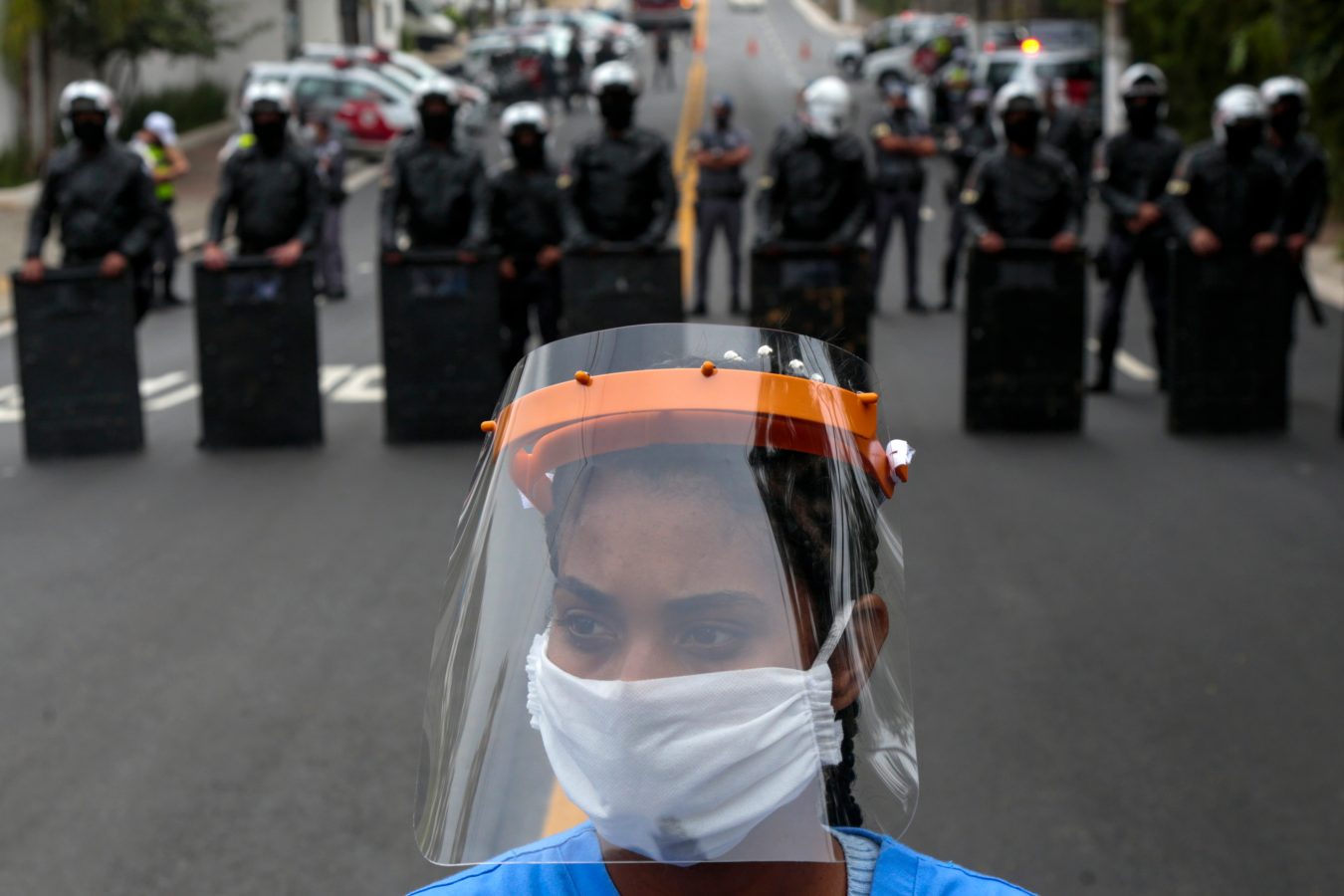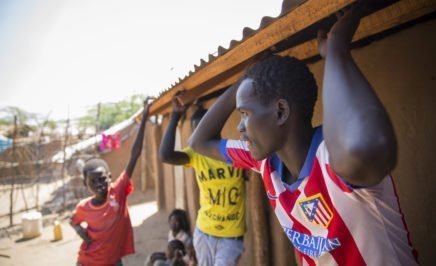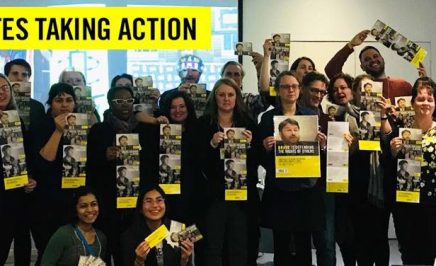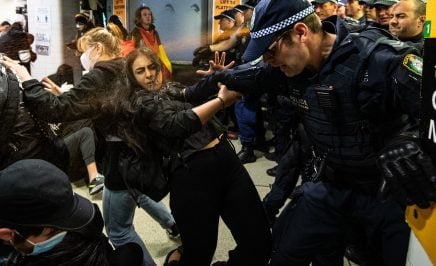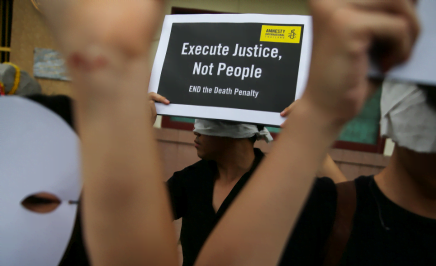The Amnesty International Report 2020/21 documents the human rights situation in 149 countries in 2020, as well as providing global and regional analysis.
In the world
During 2020, the world was rocked by COVID-19. The pandemic and measures taken to tackle it impacted everyone, but also threw into stark relief, and sometimes aggravated, existing inequalities and patterns of abuse. Some had roots in discrimination based on race, gender and other grounds, which often intersected and rendered certain populations uniquely vulnerable. Those abuses and inequalities were spotlighted and vigorously challenged by people-powered movements such as Black Lives Matter and women’s rights campaigns, whose resilience led to a few hard-won victories.
The pandemic threw into stark relief the human rights impact of years of political and financial crises and flaws in global systems of governance and co-operation, which some states exacerbated by shirking their responsibilities or attacking multilateral institutions. These dynamics were illustrated by trends in three areas: violations of the rights to life, health and social protection; gender-based violence and threats to sexual and reproductive rights; and repression of dissent.
Meanwhile, in both long-running and new conflicts, government forces and armed groups carried out indiscriminate and targeted attacks on civilians, killing thousands, and caused or prolonged mass displacement and humanitarian crises. Despite a few notable convictions for war crimes and crimes against humanity, impunity in times of war and peace remained the norm and, in some countries, the rule of law was eroded. Millions of people suffered from disasters exacerbated by the climate crisis. The overall picture was of a world in disarray.
At home
The annual report singles out Australia’s lack of action on climate change, treatment of Indigenous people and the ongoing detention of refugees.
Despite widespread public support for raising the age of criminal responsibility from 10 to 14, Australian law makers continue to display reluctance to move on an important reform which would have a significant impact on the health and wellbeing of Indigenous children.
“Australians like to see ourselves as living in the lucky country, and that’s true for the privileged among us, but there are swathes of our community who are unable to access justice and the basic rights to which we’re all entitled. Our annual report shines a light on the issues and shows that while we are in many ways lucky, there is also a long way to go to ensure everyone’s rights are protected.”
Amnesty International Australia National Director, Samantha Klintworth.
The effect of the COVID-19 pandemic on the world’s most vulnerable and marginalised people is also highlighted in the report. Amnesty International Australia received reports of targeted harassment of people in remote Indigenous communities which the Victorian Ombudsman found to be in contravention of their human rights.
The pandemic has also compromised the right to freedom of assembly, with restrictions on protests continuing in states like New South Wales, where most other restrictions have been lifted.
Protecting refugees and asylum seekers in need of safety is another area where Australia has a troubling track record. Although many people who were transferred to Australia for urgent medical treatment have been released from Alternative Places of Detention (APODs), there are many still languishing in detention where they have been for more than eight years.
We are seeing a powerful global effort to undermine and roll back human rights, and growing restrictions on our ability to mobilise. In the face of these threats, Amnesty International’s people-powered global movement is more crucial than ever.
On a domestic level, Amnesty International Australia’s 2025 Vision looks ahead with a clear vision for the next five years, of hope and renewed commitment to continuing to challenge injustice and create real, lasting change on key issues: anti-racism, LGBTQIA+ rights, Indigenous justice, climate justice, refugee rights and women’s rights.
On a global level, the latest Amnesty International Annual Report 2020/21 details the concerns and calls for actions to governments and others. By grounding measures aimed at recovery from the pandemic and other crises in human rights, leaders have an opportunity to resuscitate international cooperation and fashion a more just future. It is essential reading for policy makers, advocates, activists, and anyone with an interest in human rights. Read the report for more.
